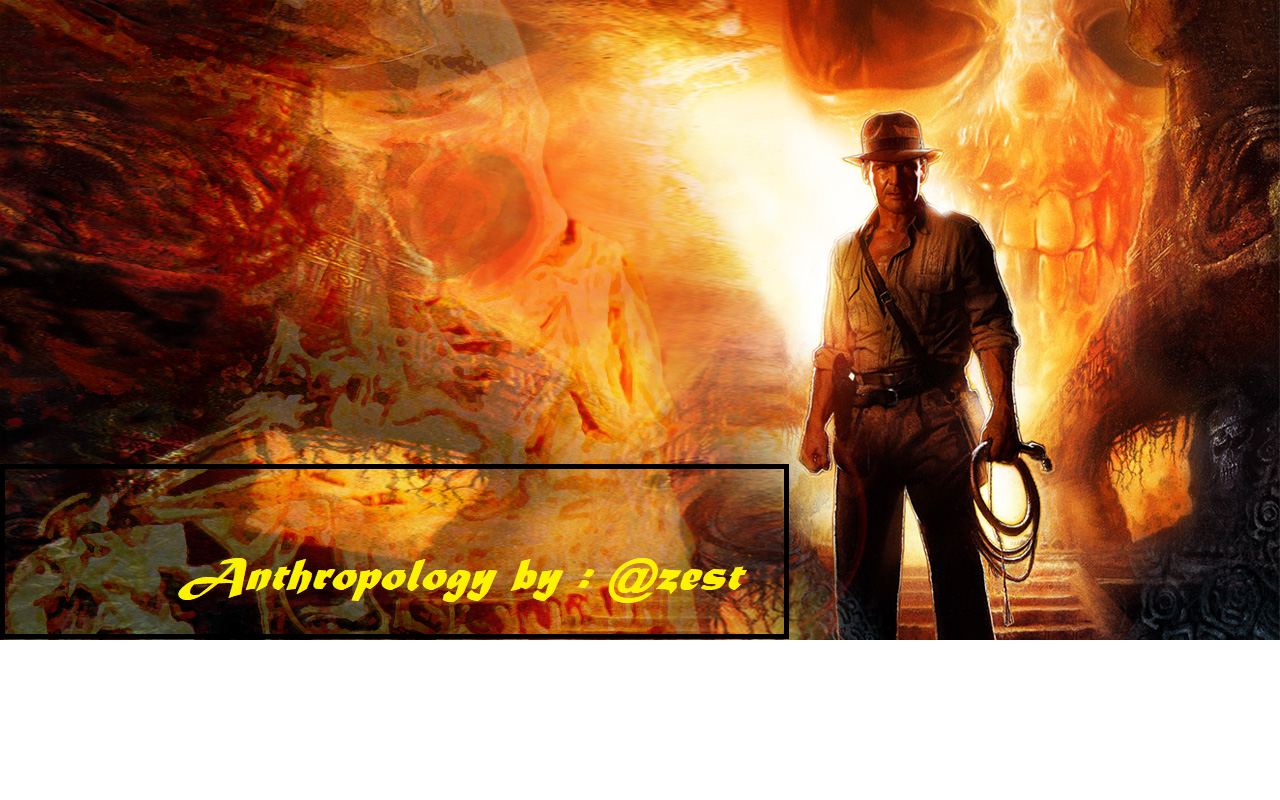Daily Field Notes #29
Welcome to the 29th Daily Field Note! Here you find the top post of the day, one covering each scientific field that is included by Geopolis. Since these authors put a lot of effort in writing a good post they surely deserve the extra exposure.
Geopolis is a project to promote and connect authors who write in the fields of global sciences. Upvotes are currently worth more than $1,50 so don't hesitate to get involved or become a member for higher rewards! You can read more about the project and how to join here:
https://steemit.com/geopolis/@geopolis/geopolis-the-community-for-global-sciences-update-3
Subjects curated by Geopolis are Geography, Anthropology, Ecology, Geology, Archeology and certain branches of History.
Anthropology: Communication: Part 4 - Approaches to the study of symbolism
@zest writes in his latest post on the different types of symbols and how they are used by various cultures. It is very interesting to read as they are more common than you might first think.
Symbols are found in all aspects of culture, such as art, dance, music, architecture, facial expressions, gestures, body postures, ornaments, clothing, ritual, religion, kinship, nationality, space arrangements, material possessions and many more. Think, for example, religion, where the Christain cross, Islamic crescent, Jewish Star of David, or any other object of worship may bring to mind centuries of struggle and persecution, or may stand for a whole philosophy or creed. Everyday people communicate by means of symbols. No wonder, then, that the study of symbolism is so important to anthropologists. Symbolic anthropologists study the system of codes and messages received by people through their interaction with people and with the natural world.
Ecology: Day 3 of Volunteer Naturalist Training
Today @jayjayjeffery takes us with her to het third day of naturalist training. It is nice to know some fun facts that you learn on such a training and how fire prevention is practiced in such large forests.
Day 3 of training was all about plants, trees, and forestry... I learned a heck of a lot and have been spewing out interesting facts on hikes for the past week. I remembered to take picures in class this time ... Here's one amazing fact... Did you know the Aster Family which is what this sunflower is in ...
is actually made up of thousands of little flowers? Each seed in a sunflowers face is actually a flower itself? What? They gave us a flower to dissect and see for ourselves... All those little pieces are the flowers Crazy This blew my mind... Look at that cute little flower Quite a different plant from this lily, a much more obvious example of a single flower.
Archeology: The Most Difficult Manuscripts To Be Understood By Scientists
Do you already have problems deciphering your doctors prescription? Then I wish you good luck with these manuscripts that even scientists themselves have trouble with!
Over time the archaeologists are increasingly aggressively searching for the basics of the past. With the abilities and human intelligence, especially in this case is the archeology and generally the scientists and other researchers. On occasion, I will describe the Most Mysterious Manuscript in the World, because at the beginning of the book sheets are very difficult to understand by philology researchers. Indicated that the Voynich Manuscript is considered the most mysterious book in the world for centuries. No one is able to understand the strange language, diagrams, and drawings.
This was todays selection of post. Make sure to check out other authors and upvote this post to support the project!
Get involved with Geopolis on the Discord chat



So glad to see this, steemit needs more variety in earth sciences, history and old books/manuscripts. Less videos and bitcoin posts , but to each their own. Thanks for supporting this effort.